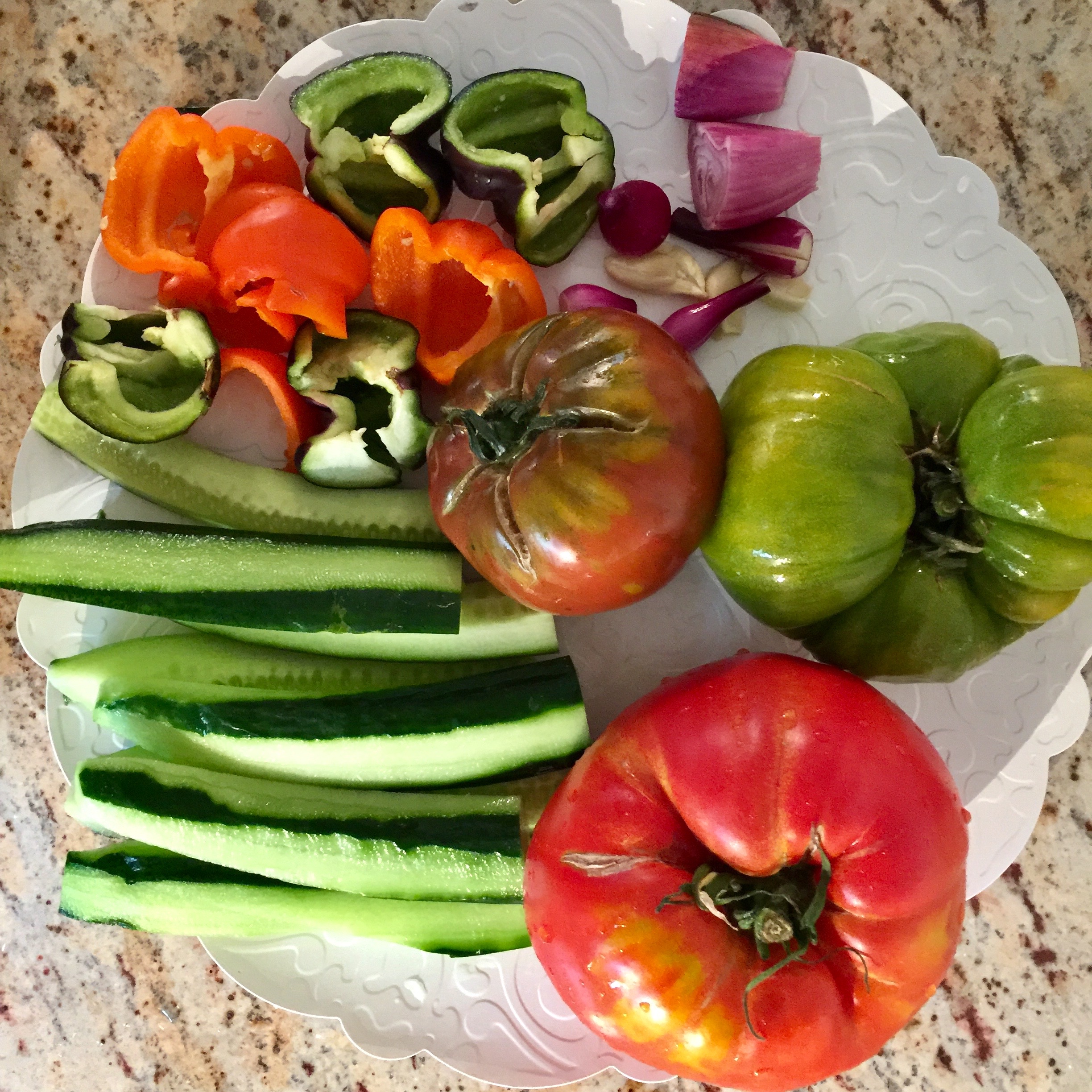In the UK, vitamin D deficiency affects 23% of adults (21% in those over 65yo), in winter the prevalence even rises to 40% (29% in those over 65yo). Vitamin D is mainly known for its role in the regulation of calcium homeostasis and in bone integrity, but it also plays an important role in the […]
Catégorie : Blog
Perhaps you came across this research in the news: adding milk to coffee would increase the anti-inflammatory effects of the later. The study is called Phenolic Acid–Amino Acid Adducts Exert Distinct Immunomodulatory Effects in Macrophages Compared to Parent Phenolic Acids – yes it is a bit cryptic! The study looks at how the amino acids […]
Green or ripe: how do you like your banana?
We usually eat bananas when they are yellow, that is when they start to ripe. Green bananas and yellow, ripe bananas have distinct health effects, that you may be interested to know. Green banana for your gut Unripe, green banana have the highest proportion of resistant starch, a form of carbohydrate that acts like a […]
How to get the most from… garlic!
Garlic is thought to have a lot of potential health effects, it is rich in antioxidants and compounds with powerful antimicrobial, antiviral and anti-inflammatory properties. In fact garlic has been used since ancient times for its flavour and possible therapeutic effects, for example in Chinese medicine. Studies are still trying to understand better the mechanism […]
Family granola recipe
Our breakfast habits have changed lately: we have porridge more often (after 6 years living in England, this seems a natural evolution, does it not?) with tea or herbal tea instead of the traditional hot chocolate and buttered toasted baguette. The lockdown is the opportunity to try different things, and perhaps give in to some […]
What exactly is the Mediterranean diet?

Perhaps you are reading this while in lockdown, and perhaps, just like me, you sometimes dream of holidays by the Mediterranean Sea… In my dreams, there are not only the blissful beaches bathed with crystal clear water, there is also the Mediterranean food: juicy tomatoes, plump aubergines, oriental meze, pasta of all shapes, a board […]
Coffee: friend or enemy?
There is more to coffee than just a drink: having a coffee is a social activity. You share it with your family, friends or colleagues, it can even be a way to start a conversation with a random fellow drinker. Coffee can also be a solitary pleasure, as a matter of fact, I am enjoying […]
Protein and ageing
The world’s population is ageing, particularly in Western countries. It is estimated that by 2035, the majority of the UK population will be over 40 (ONS), which calls for specific dietary approaches to promote health and independence later in life. Physical well-being partly relies on muscle and bone mass. Many of the diseases suffered by […]
Portion sizes and food groups – adults
Most of us don’t measure portion sizes when we eat, we serve ourselves according to our appetite, liking or disliking of available food, time, servings of ready made meals etc. That’s absolutely fine, and I certainly don’t support weighing food or counting calories, however I believe that a refresh of portion sizes of each food […]
Nutrition and fertility
When it takes longer than expected, trying to conceive can be overwhelming and emotionally challenging making women more vulnerable to fake science and bad advice. Like many issues regarding women’s health, research on the relationship between mental health, nutrition and fertility has long been neglected. Fortunately, there are a few things we know from the […]